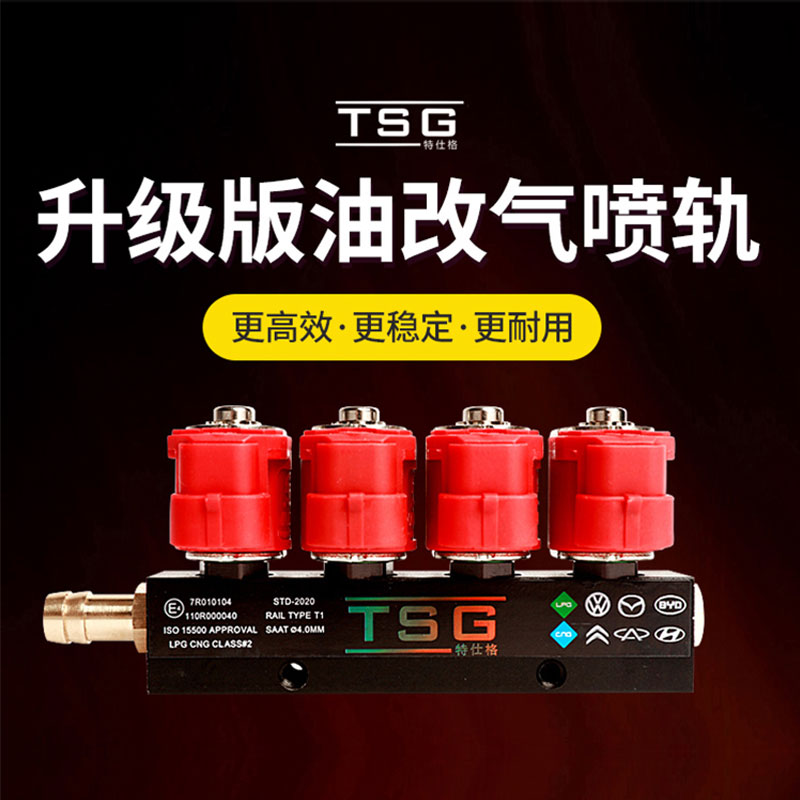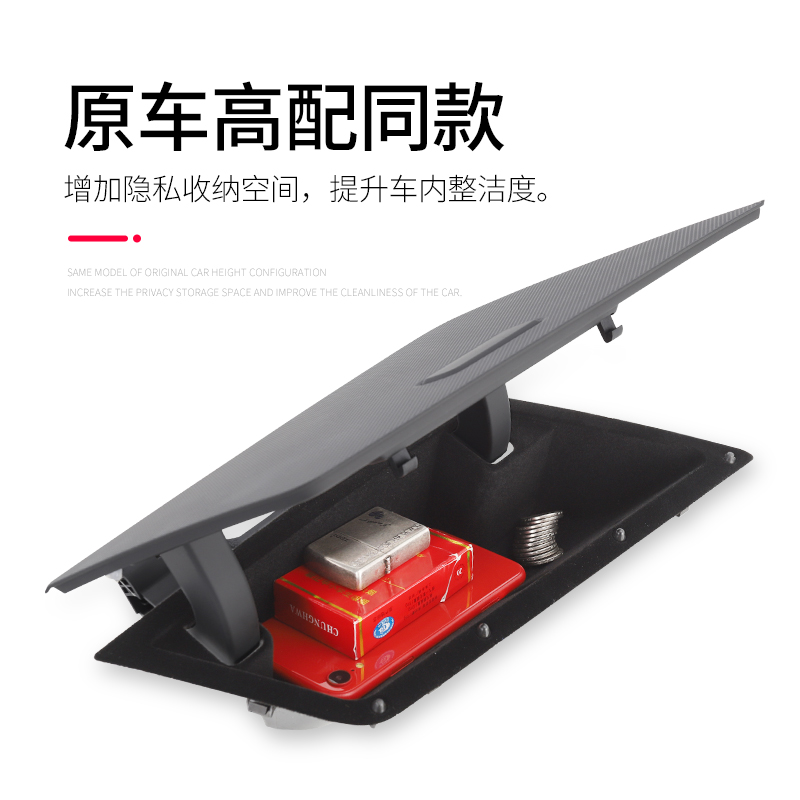

The state-run think tank holds a forum on South Korea's unification policy in Seoul, March 20, provided by the Korea Institute for National Unification. Yonhap
South Korea should maintain its official unification formula adopted in 1994 but needs to recalibrate detailed strategies in pushing for unification with North Korea, an expert said Wednesday.
Cho Han-bum, a senior research fellow at the state-run Korea Institute for National Unification, voiced concerns about a potential revision in the National Community Unification Formula (NCUF), citing a difficulty in bipartisan agreements and the possibility of an attempt to renew it depending on government changes.
The Yoon Suk Yeol administration plans to draw up a new unification vision based on liberal democracy, saying the existing unification formula leaves out such a principle and does not take into account changes in the security situation.
"In response to North Korea's vow to abandon its policy of seeking unification, we need to maintain the title and framework of the NCUF," Cho said at a forum hosted by the think tank.
The unification formula is based on three principles of seeking independence, peace and democracy. The three-stage vision calls for the pursuit of reconciliation and cooperation, the creation of a Korean commonwealth and the completion of a unified country.
Cho proposed the "normalization of the North Korean regime" as the first-stage goal for the unification vision, saying North Korea's regime change could be considered if Pyongyang continues to reject unification.
Kim Hyun-wook, a director-general at the Korea National Diplomatic Academy, raised the need to set up a new unification vision that could replace the NCUF.
"The idea of (the second stage of) a Korean commonwealth moving toward (the third stage) of unification is not valid anymore," Kim said.
At a year-end party meeting, North Korean leader Kim Jong-un said he will not regard South Korea as a counterpart for reconciliation and unification. He defined inter-Korean ties as relations between "two states hostile to each other." (Yonhap)



